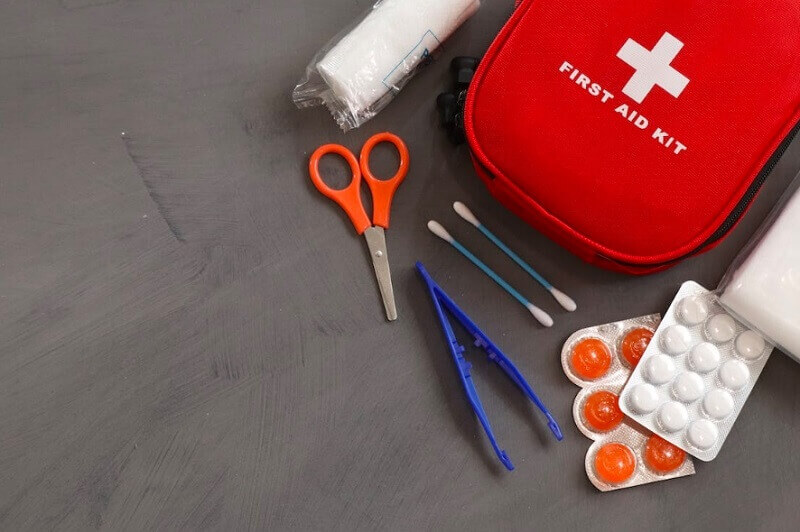Emergencies can strike at any moment, often with little to no warning. From natural disasters like earthquakes and hurricanes to man-made crises such as power outages and water supply contamination, the range of potential emergencies is vast. The key to weathering these unpredictable events lies in thorough preparation and planning. Equipping your home with the necessary tools and knowledge can make all the difference during a critical situation. Keep reading to explore how you can fortify your living space against the unexpected.
Building a Customized Emergency Kit for Various Disaster Scenarios
Your emergency kit should include basic supplies like water, non-perishable food, a flashlight, and batteries. For foods suitable for your kit or for more information on emergency-ready provisions, visit RoundhouseProvisions.com. Roundhouse Provisions has products designed to be ready to go at a moment’s notice, whenever you need them. Their drinks and food supplies are packed full of nutrients to ensure your wellness in an emergency.

In addition to the basics, include a first-aid kit, personal hygiene items, and sufficient medications for all family members, considering extra prescriptions if needed. Don’t forget baby supplies, pet food, and a means to charge your phone. A hand-crank or solar-powered charger can be especially useful when power sources are scarce.
Given that each disaster scenario may have unique challenges, think about tools that could assist in those situations. For instance, heavy-duty gloves and a wrench may be necessary for turning off utilities in an earthquake, while tarps and duct tape could be essential for temporary home repairs after a storm.
Essential Emergency Preparedness Steps for Your Home
You need to understand the disasters most likely to occur in your region and tailor your preparations accordingly. This could mean anchoring furniture for earthquake-prone areas or reinforcing your roof against high winds in a hurricane zone.
Next, it’s crucial to install and regularly check smoke and carbon monoxide detectors throughout your home. These small devices can save lives by providing early warnings of fire or toxic gas leaks. Ensure that detectors are placed in sleeping areas and in central locations on every floor of your home.
Additionally, learning how to shut off your home’s utilities, such as water, gas, and electricity, is a must. In cases of leaks or electrical issues post-disaster, this knowledge can prevent further damage or even a secondary disaster. Have the tools necessary for a shut-off readily accessible and instruct all household members on their proper use.
Creating a Comprehensive Plan for Your Family
A plan is your family’s blueprint for action when disaster strikes. Gather your household and discuss how you will communicate and where you will meet if separated. Identify contacts outside your immediate area as point persons, as local communications may be overwhelmed or impaired.
Practice evacuation drills regularly and establish different exit strategies. Knowing multiple routes out of your home and neighborhood can save valuable time during an evacuation. Also, remember to make special provisions for pets, as they are part of the family and require careful planning too.
For families with children, ensuring that your plan is simple enough for them to remember is vital. Role-play different scenarios to reinforce the plan and ease any anxieties they may have about potential emergencies. Make sure they understand that their safety is the top priority.
Additionally, keep important documents in an easily accessible, portable container. Items like birth certificates, insurance policies, and passports should be kept together in case you need to quickly leave your home. A digital backup of these documents stored in a secure cloud service can also prove invaluable.
Altogether, successful preparedness involves a combination of planning, practice, and vigilance. By taking the necessary steps to secure your home and educate your family, you can create a robust safety net for any crisis. Overall, preparedness is not a one-time effort but an ongoing commitment to ensuring the well-being of your household under any circumstances.

